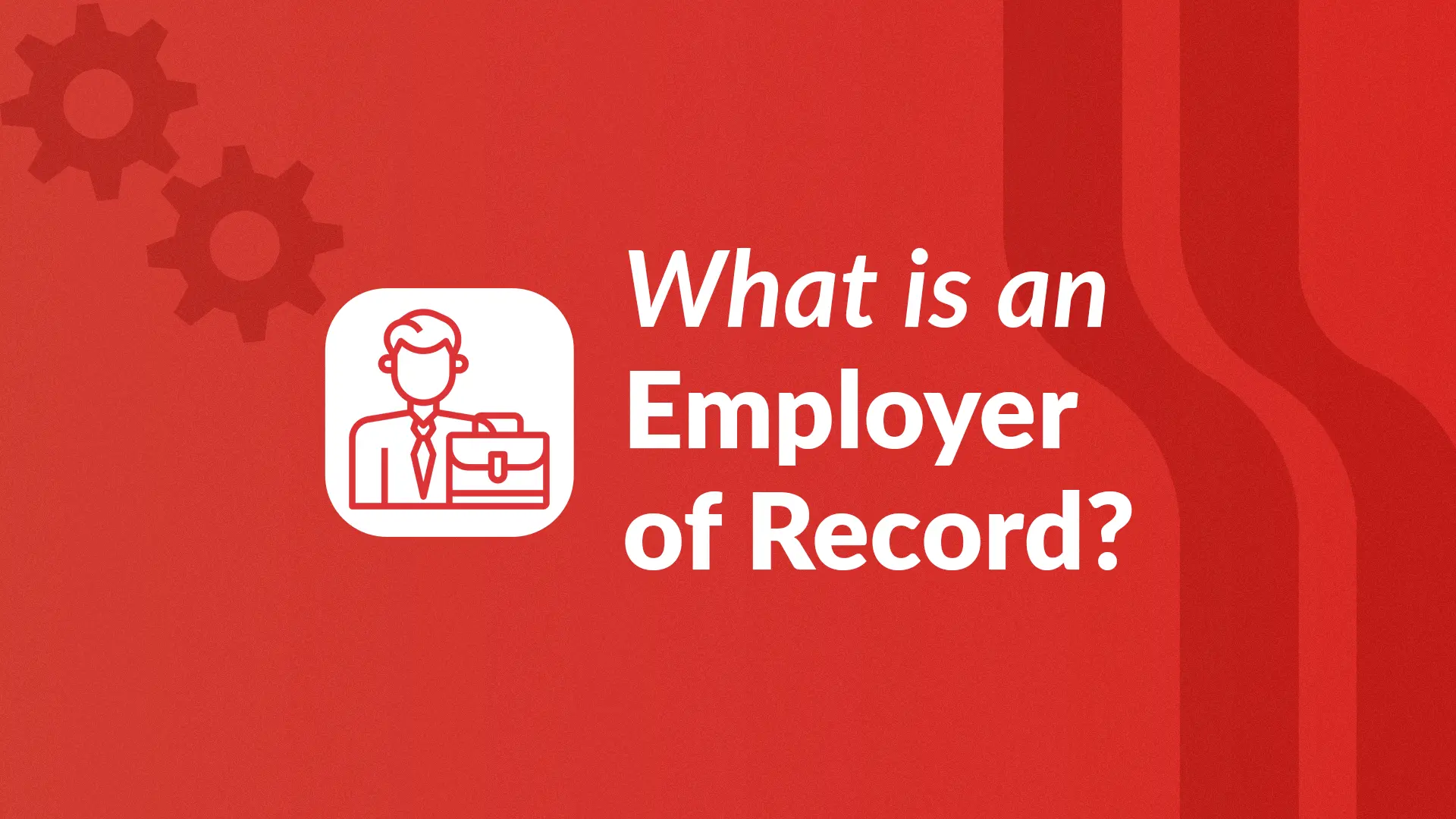It’s fashionable these days to dismiss performance reviews as outdated HR busywork. A waste of time, if not downright harmful. Not in China. Here, they’re crucial for motivating your team and your essential legal shield against wrongful termination lawsuits.
This guide will show you how Chinese performance reviews work, what the law says you must do, and how to get them right.
Do You Need to Conduct Performance Reviews?
You might wonder if performance reviews are necessary. After all, if your small team is hitting all their targets, why bother with the paperwork? The answer is simple: Performance reviews in China aren’t technically required by law, but skipping them is a huge risk you shouldn’t take.
Here’s why: Chinese labour law does allow you to fire someone who can’t do their job properly, even after you’ve tried training them or moving them to a different position. But there’s a catch.
To legally let someone go for poor performance, you need solid proof that they’re not meeting standards. Without documented performance reviews, you’ll struggle to prove any of this in court.
So, while no law specifically says “you must conduct performance reviews,” the legal system essentially forces you to have them if you ever want the option to remove underperforming staff.
How Reviews Usually Work in China
Most Chinese companies do performance reviews once a year, typically right before Chinese New Year (January or February). This timing makes sense in Chinese culture because Chinese New Year represents new beginnings.
There are practical reasons for this timing, too.
Chinese New Year is when:
- Many workers expect their yearly bonus
- Companies plan their budgets for the coming year
- It feels like a natural time to reward good work
The review results directly affect two important things:
- Salary adjustments – workers might get a raise based on their performance
- Year-end bonuses – better reviews usually mean bigger bonuses
For workers, these reviews really matter because year-end bonuses are often equal to several months’ salary.
Note: Annual performance reviews remain standard practice in China, but there’s a growing shift toward more frequent feedback. Many Chinese companies are now adding quarterly check-ins or monthly one-on-ones alongside the traditional yearly review.
What to Look for When Reviewing Staff in China
Performance reviews in China work pretty much the same as anywhere else. You’ll want to be looking at hard numbers like sales targets and production quotas, plus softer skills like attitude and teamwork.
What metrics matter most will depend on your specific business, but here’s the critical bit: make sure your employee handbook clearly states exactly what you’ll be evaluating.
This transparency isn’t just good practice. In China’s legal system, having clearly defined performance criteria in writing can save you major headaches down the road.
The Basics
- Numbers still matter: Track sales targets, production quotas, and financial results
- Quality of work: Accuracy, attention to detail, and following procedures
- Meeting deadlines: Reliability and time management
- Rule-following: Compliance with company policies and Chinese regulations
Beyond the Numbers
- Team contribution: How they help colleagues and support group goals
- Attitude and effort: Dedication and willingness to go the extra mile
- Relationship building: How they maintain harmony with colleagues and clients
- Alignment with company values: Especially important in Chinese work culture
IMPORTANT: Keep detailed notes of all feedback sessions. This documentation isn’t just bureaucracy – it’s essential protection if performance issues escalate later on.
Firing Someone? Tread Carefully!
The law simply doesn’t allow termination just because someone isn’t performing well at their job. Of course, there are exceptions for serious violations like revealing company secrets or major conflicts of interest.
But if someone simply isn’t meeting performance expectations, you’re legally required to provide improvement opportunities before you can even think about letting them go — unless they’re still on probation.
Here’s what to do:
- Create a clear improvement plan with specific goals
- Provide proper training or move them to a more suitable role
- Give them reasonable time to improve
Only if they continue to underperform after all these steps can you consider termination – and you’ll need solid evidence showing you followed this entire process correctly. Save ALL notes from meetings, copies of warnings, and formal evaluations.
Keep Reviews Confidential
We’d recommend adding a confidentiality clause to performance reviews in your employee handbook. This will stop staff members discussing their evaluations, it often leads to resentment, perception of favouritism, and damaged team harmony.
Quick Pro Tips
- Set the timing right: Schedule reviews 1-2 months before Chinese New Year when most companies determine bonuses and raises.
- Document everything: Keep detailed records of all performance discussions, even informal ones.
- Get your handbook right: Clearly define review criteria and the improvement process in your employee handbook. Courts might want to check this document in disputes.








